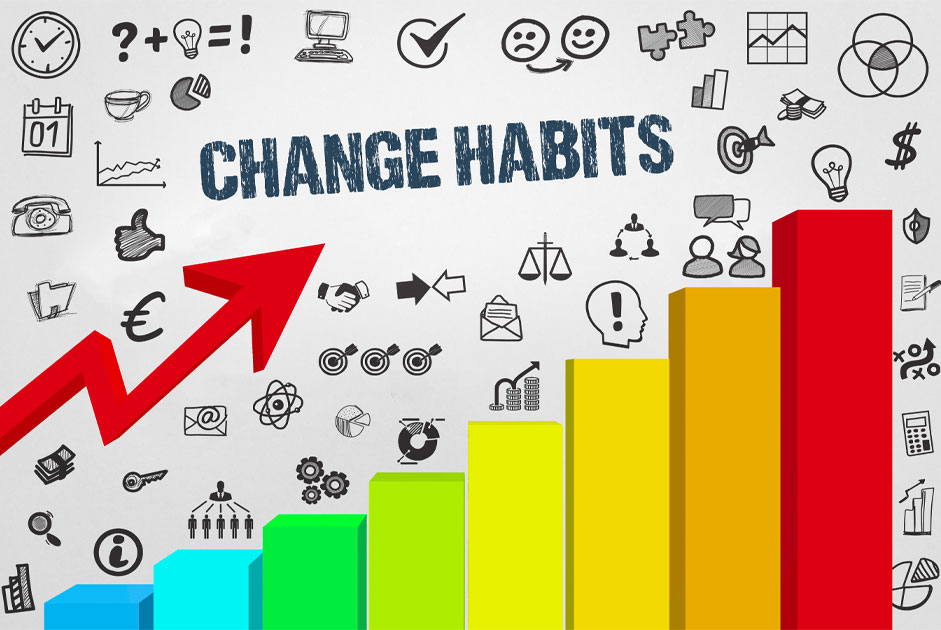Health is one of many components implicitly factored into the quality of life. Sleep is as important to our health as eating, drinking and breathing. It allows our bodies to repair themselves and our brains to consolidate our memories and process information. It is reasonable to assume that individuals suffering from a chronic sleep problems are linked to physical problems like a weakened immune system and mental health problems such as anxiety and depression.
Good sleep is a irreplaceable reinvigorater and an important factor by human being´s to stay healthy and it is essential for a person´s health and well-being. Sleep is the elixir of life and the spring of Vitalit pampering human being´s body, mind and soul. Sleep creates the feeling of more alert, more energetic, happier, and gives better ability to function following a good night of sleep. Sleep consists of distinct cycles, which restore and refresh body and mind. A sleep loss takes a toll on mood, energy, efficiency, and ability to handle stress. Slightly less sleep can affect ability to think properly and respond quickly, also compromise health, energy balance, and ability to fight infections.
Most people do not get enough sleep. Nowadays people have lives where they stay up long nights working or having fun. However, going without adequate sleep carries with it both short- and long-term consequences. In the short term, a lack of adequate sleep can affect judgment, mood, ability to learn and retain information, and may increase the risk of serious accidents and injuries. In the long term, chronic sleep deprivation may lead to a host of health problems including obesity, diabetes, cardiovascular disease, and even early mortality.
More than half of adults over age of 60 have some sleep-related complaints. The primary sleep characteristics of older people are increases in stage 1 and wake after sleep onset and decreases in slow wave sleep. Napping also increases, such that consolidation of normal sleep – wake cycle breaks down. In extreme, nursing home residents often cannot maintain sleep or wakefulness for more than 1 hour at a time. Many older adults assume that they should be able to sleep as they did when they were young.
In order to be productive, mentally sharp, emotionally balanced, and full of energy all day long the first step would be to improve the quality of rest, finding out how much sleep is needed.
Not only is the quantity of sleep important but also the quality of sleep. Some people sleep 8 or 9 hours a night but do not feel well rested when they wake up because the quality of their sleep is poor. While sleep requirements vary slightly from person to person, most healthy adults need between 7,5 to 9 hours of sleep per night to function at their best. Children and teens need even more. And despite the notion that sleep needs decrease with age, older people still need at least 7,5 to 8 hours of sleep. Since older adults often have trouble sleeping this long at night, daytime naps can help fill in the gap.
Most people do not get enough sleep. Nowadays people have lives where they stay up long nights working or having fun. However, going without adequate sleep carries with it both short- and long-term consequences. In the short term, a lack of adequate sleep can affect judgment, mood, ability to learn and retain information, and may increase the risk of serious accidents and injuries. In the long term, chronic sleep deprivation may lead to a host of health problems including obesity, diabetes, cardiovascular disease, and even early mortality.
When sleep problems are a regular occurrence, when they get in the way of the daily routine and hamper ability to function – may it be suffering from a sleep disorder. According to different researches, sleep disorders are major disturbances of normal sleep patterns that lead to distress and disrupt functioning during the day.
Sleep disorders are not only extremely common, affecting virtually everyone at some point in their lives, but they can also lead to serious stress and other health consequences. Sleep disorders and other sleeping problems cause more than just sleepiness. Poor quality sleep can have a negative impact on human beings energy, emotional balance, productivity, and health.
Most common sleep disorders are insomnia, sleep apnea, narcolepsy, sleepwalking and night terrors. Learn about how sleep affects mental health here…










